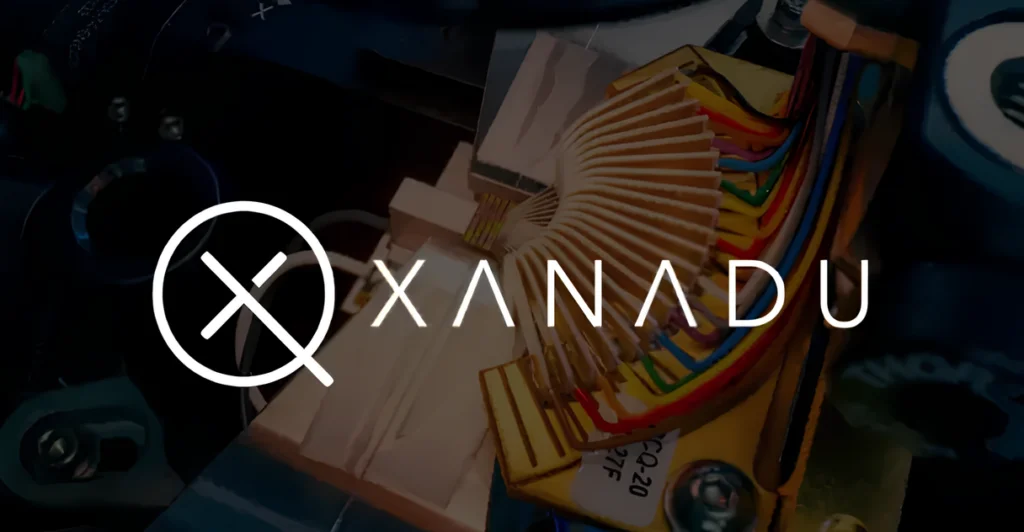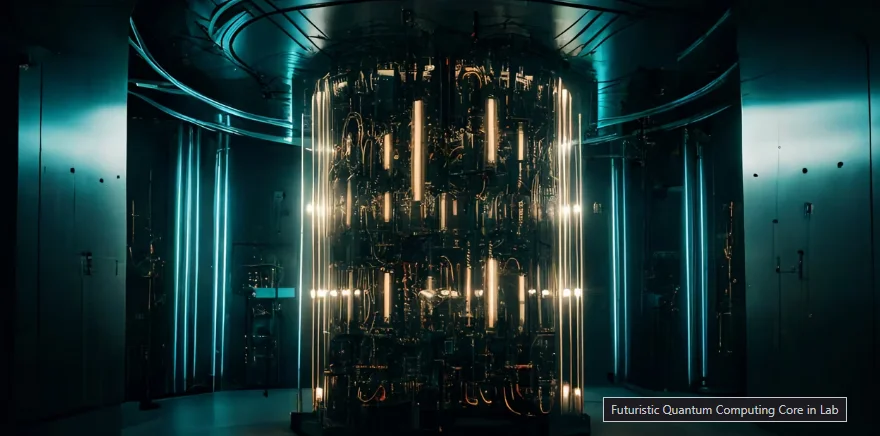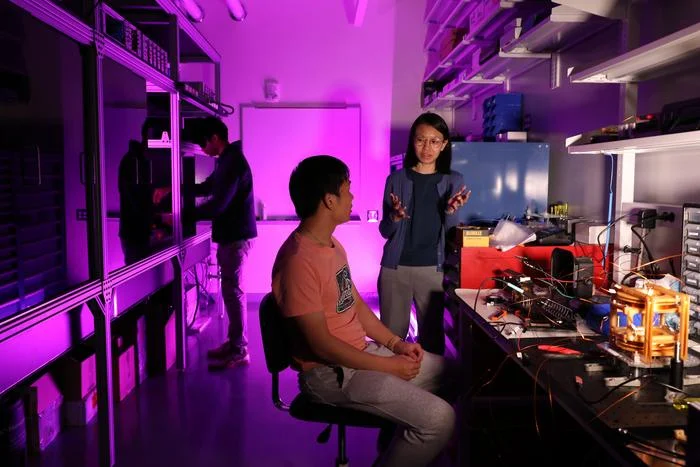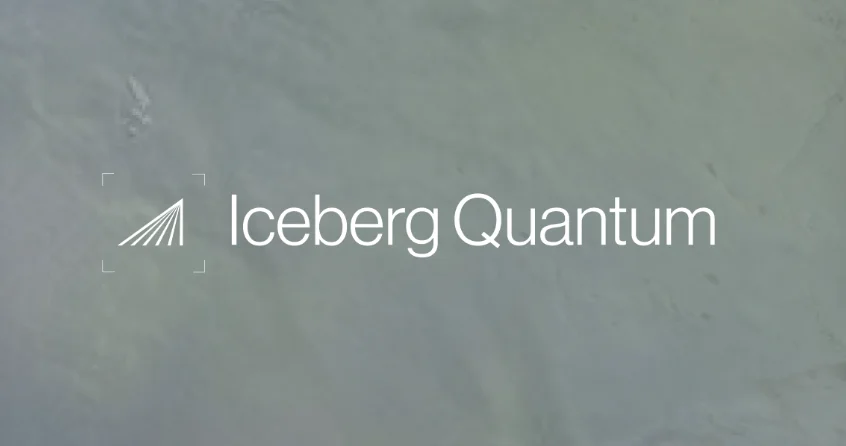Gallic Charm
In a far off corner of France, not too distant from the Atlantic Ocean, is the Medieval town of Rennes. Situated in Britanny, a region with its own unique culture, language and identity, Rennes isn’t the first destination for the throngs of camera-wielding American and Chinese tourists to head to in search of that quintessential Gallic charm (at least with the non-French). With a population of more than 200,000, Rennes is a midsized French town. Incidentally, it also has 60,000 students living in the city to boast about.
This, then, must make it a great place for thinking, for innovation and for ideas.
And it is here, in this unlikeliest of places in this beautiful part of the country, that one of only a handful of French quantum computer startups has made its home.

NextGenQ
Started this year by CEO and founder Yann Allain, NextGenQ’s main goal is to develop:
‘cutting edge technology based on ion traps which offer efficient features such as a long decoherence time and low error rates.’
Unlike other approaches to quantum computing technology, such as quantum annealing and superconducting circuits, the trapped ion approach offers a cheaper alternative (in theory) to them. Scaling, and the ability to operate at room temperature, can give the technology a way forward without the hassle of building expensive, cumbersome machines to manipulate the qubits.
France is one of the leading countries in Europe in quantum technology (in the number of startups). Quandela (which I recently published an article on), a company developing a photon source device for possible communication solutions, leads the way. Pasqal and CryptoNext Security, respectively, are two other startups that hope quantum technology can solve future problems.
There is no doubt more will follow the trickle.
Allain, who has an extensive background in cybersecurity as well as IT, is a graduate of the Pierre and Marie Curie University, Paris, gaining a degree in electronic & computer science engineering.
Ions, Ions, Ions
Like IonQ in the United States and Austria’s Alpine Quantum Technologies (AQT), Allain is convinced ion traps will be the best solutions to scaling workable quantum computers:
‘Personally, I think trapped ion quantum computer technology is a future technology for designing reliable and useful quantum computers. This is also what other physicists seem to think.’
Information on the startup’s financial situation is sparse. What The Quantum Daily does know, though, is if the number of tweets on Allain’s personal Twitter account, many declarations of the startup’s progress in building its own vacuum chamber.
One tweet, in the late summer, had this tone:
‘Serious things begins: Soon there will be an ultra-High vacuum chamber in the office! We are gradually building our ultra-high vacuum system. Stay tuned for the final build of this UHV chamber.’
Another, a few weeks later, announced the following to the world:
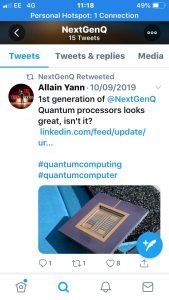
With such pronouncements, it is sure the company has money to invest and enough brains to back up its innovative ideas. Whether this is from its own cash source, VC funding or other revenue streams is anyone’s guess. Let us hope, however, that what they promise can come good and add something valuable to the quantum computing ecosystem.










